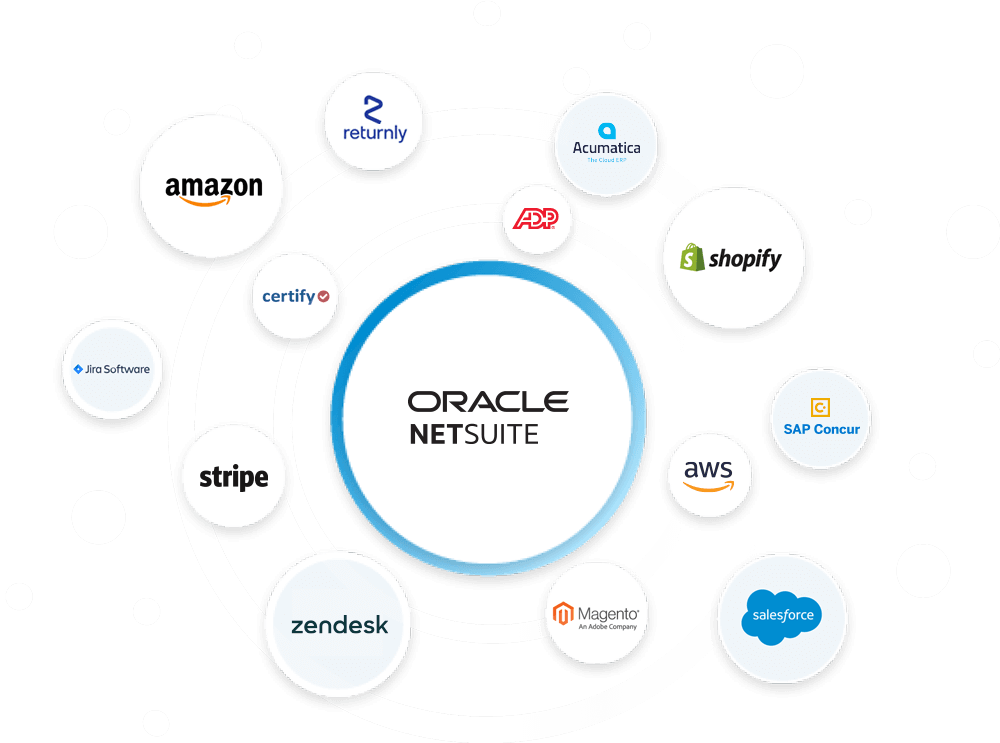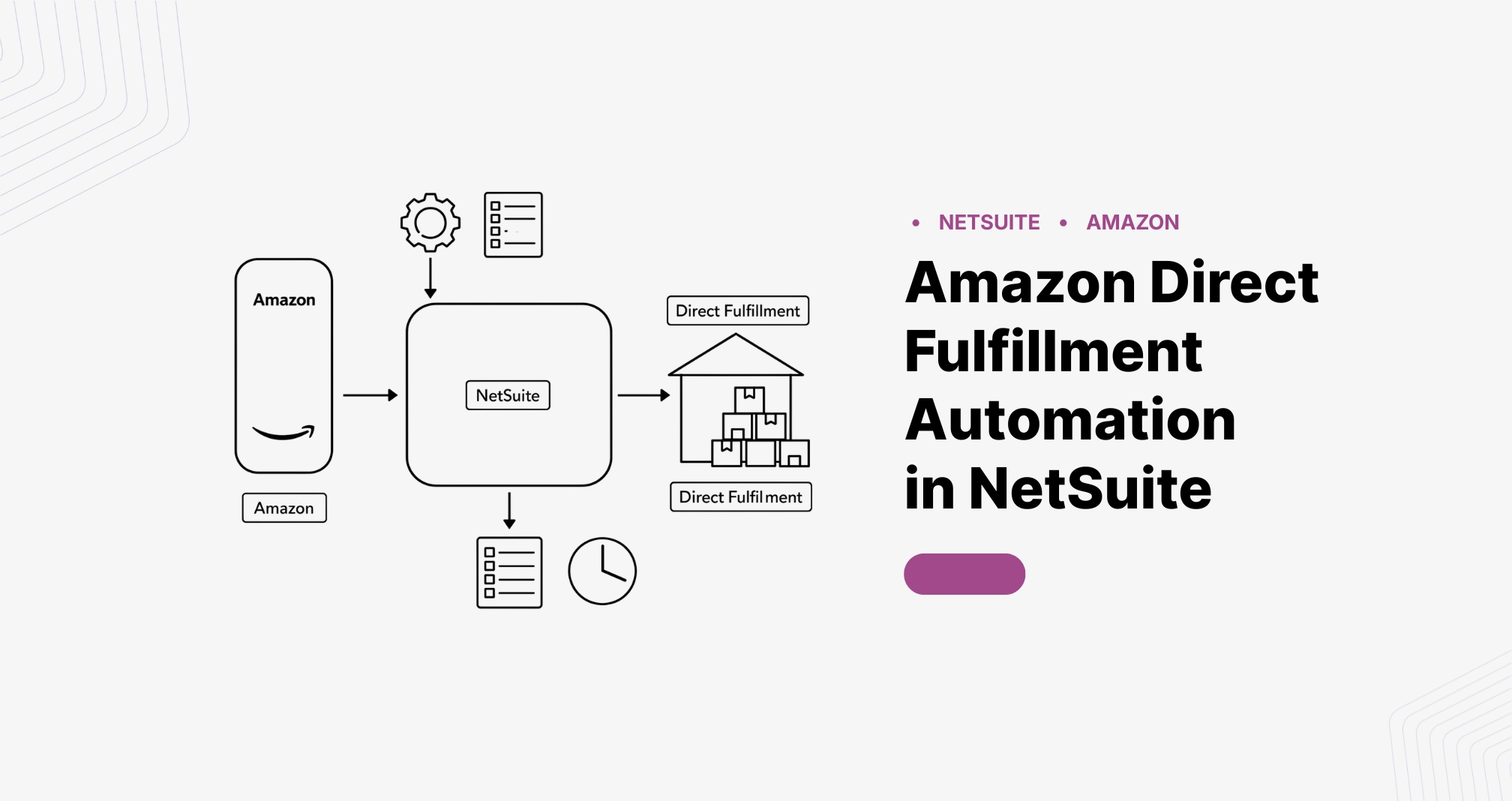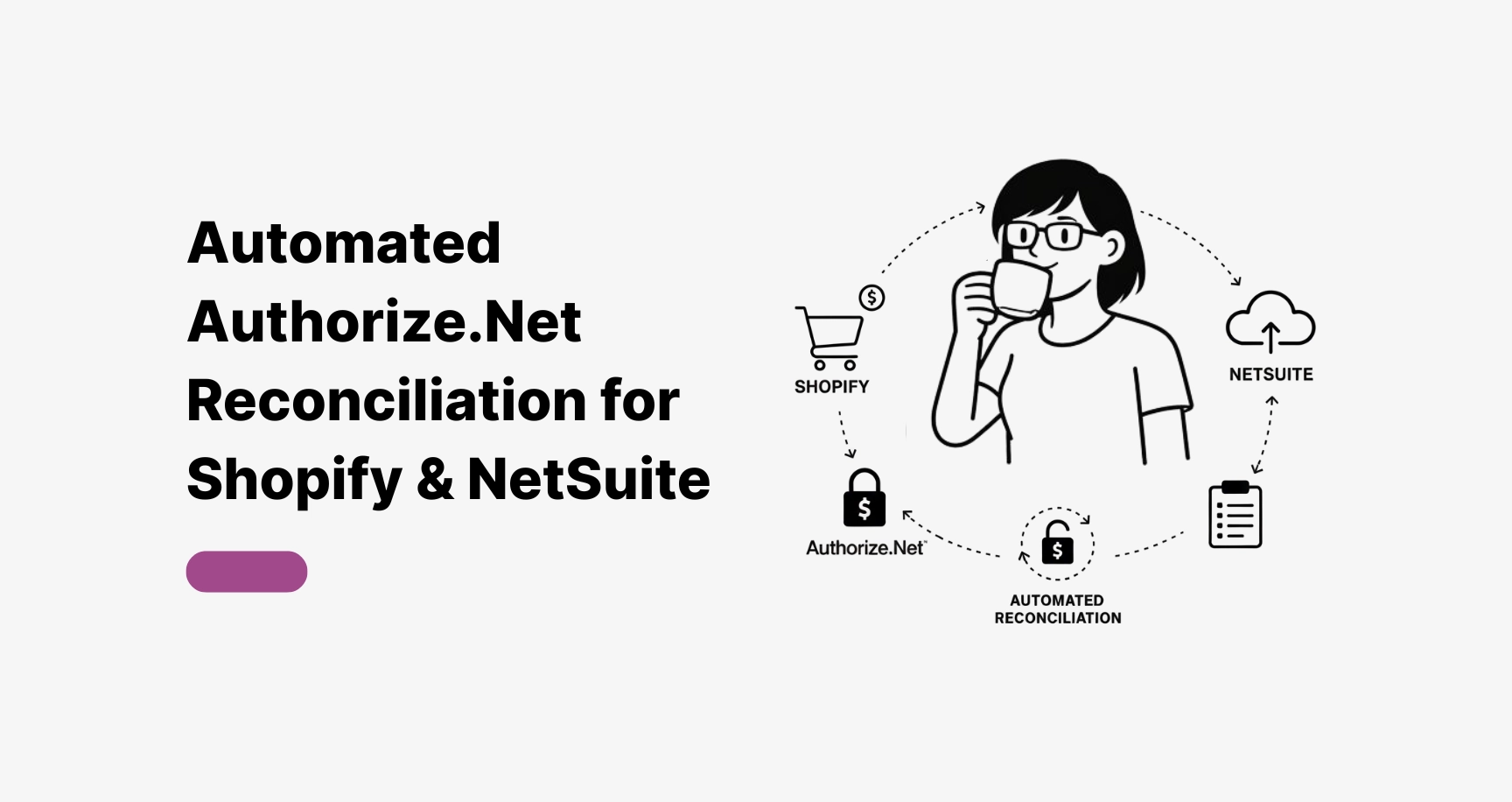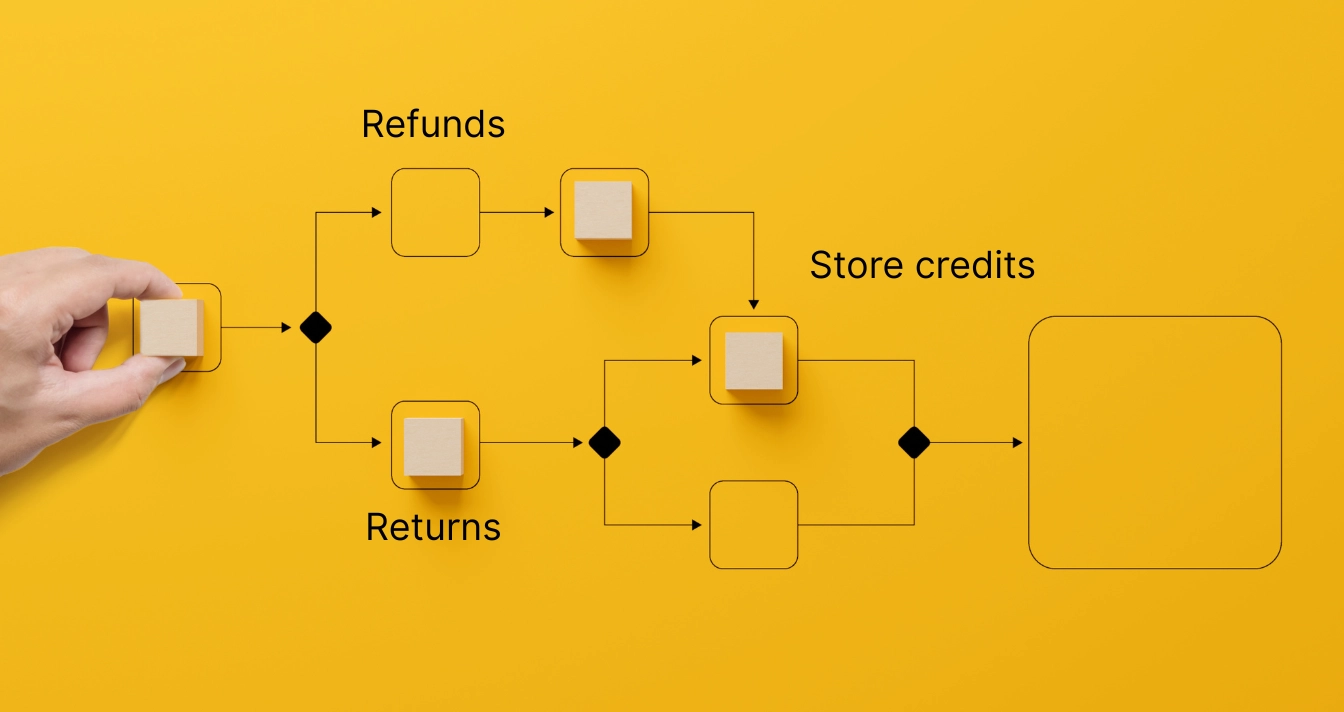Electronic Data Interchange (EDI) has become the backbone of many businesses worldwide—streamlining communications, reducing errors, and boosting overall efficiency. But when it comes to EDI solutions, not all services are created equal. You’ve likely seen terms like Managed EDI and Fully Managed EDI thrown around, often used interchangeably but with some critical differences. If you’ve been scratching your head about which option is best for your company, you’re in the right place.
In this article, we’ll walk you through everything you need to know about Managed EDI vs. Fully Managed EDI, explaining their key distinctions, their strengths, and which type of service might be the perfect fit for your unique operations. By the end, you’ll have a solid grasp of both solutions, equipping you to make the best decision for your business.
What is EDI? A Quick Overview
EDI, or Electronic Data Interchange, is a method of transferring business information—like purchase orders, invoices, or shipping details—from one system to another using a standard electronic format. It replaces cumbersome paper-based processes and significantly reduces manual data entry, helping businesses save time and money.
For a more detailed look into what EDI is and how it works, check out our What Is EDI? article. You’ll find insights into its core functions, protocols, and why EDI is such a game-changer in modern commerce.
Who Uses EDI? Understanding Its Role in Businesses
If your organization exchanges data with partners—be it suppliers, customers, or third-party logistics providers—chances are you can benefit from EDI. According to one supply chain study, over 60% of B2B transactions globally are carried out via EDI.
It’s not just for the Fortune 500; small and medium-sized businesses are also adopting EDI solutions to keep pace in competitive industries.
- Retail and eCommerce: Automating the flow of purchase orders, invoices, and shipping notices can mean faster fulfillment and fewer errors.
- Manufacturing: Keeping production lines running smoothly often hinges on real-time updates from suppliers and distributors—this is where EDI excels.
- Healthcare: HIPAA-compliant EDI transactions are essential for secure patient data exchange and claims processing.
- Transportation and Logistics: EDI helps coordinate complex shipping networks, ensuring on-time deliveries and better visibility into supply chains.
Essentially, who uses EDI? The short answer: any organization that needs quick, accurate, and standardized data exchange to collaborate effectively with its business partners.
Key Capabilities of EDI
When we talk about the “capabilities” of EDI, we’re referring to the various tasks and features EDI systems can handle that streamline data exchange. Let’s break down some of the core capabilities:
Automated Document Exchange
One of the biggest benefits of EDI is its ability to automate document exchange—purchase orders, invoices, shipping notices—between trading partners. This automation dramatically reduces manual data entry and the possibility of human error.
Standardized Data Formats
EDI uses standard formats (like ANSI X12, EDIFACT) recognized across industries. This consistency means less confusion, fewer errors, and simpler integration into your existing business systems.
Integration With Core Business Systems
Most EDI solutions can integrate seamlessly with ERP (Enterprise Resource Planning) or WMS (Warehouse Management System) software. This level of integration means your data flows directly into and out of your internal systems, speeding up workflows and reducing bottlenecks.
Real-Time Visibility
EDI transactions can be tracked and monitored in real-time, giving you up-to-the-minute data about orders, shipments, and inventory levels. This capability leads to better decision-making and can help you respond more quickly to market changes.
Enhanced Compliance
Many industries have strict regulations around data handling and privacy. EDI is designed to support compliance requirements (like HIPAA in healthcare), ensuring secure, standardized data exchanges that meet regulatory standards.
Common Challenges with Traditional EDI Solutions
Despite its immense value, traditional EDI setups can pose several hurdles. Knowing these pitfalls can help you decide which route—Managed or Fully Managed—makes the most sense for you.
1. Complex Setup and Maintenance
Setting up an in-house EDI solution often demands substantial IT resources. You’ll need specialized staff to configure the software, develop mappings, and manage the communication protocols.
2. High Initial Costs
On-premise EDI implementations can be expensive. From acquiring and licensing software to purchasing necessary hardware, the start-up costs often deter small to mid-sized businesses.
3. Ongoing Updates
EDI standards and requirements frequently evolve. Keeping up with updates, format changes, and partner-specific guidelines is time-intensive and can require specialized expertise.
4. Limited Scalability
When the business grows—adding new trading partners or increasing transaction volumes—a traditional EDI system may struggle to scale, leading to system slowdowns and processing errors.
5. Inadequate Support
If you have a small internal IT team, troubleshooting EDI issues can be challenging. Extended downtimes are costly, especially if you rely heavily on real-time data exchanges.
EDI Doesn’t Have to Be Complicated
Access our on-demand 30-minute session where we break down the essentials of B2B EDI and show how automation simplifies the entire process.
Managed EDI Explained: What It Offers
A Managed EDI solution takes some of the complexity of traditional EDI off your plate—often by providing vendor-managed infrastructure and a degree of technical support. Let’s explore what that typically involves:
Partial Outsourcing of EDI Tasks
With Managed EDI, you still handle certain day-to-day processes, like some mapping and partner setups, while the service provider manages the EDI platform, maintenance, and updates.
Technical Infrastructure Provided
You won’t need to invest in as much hardware or software since the EDI platform is hosted by the provider. This reduces your initial IT costs.
Shared Responsibility
While your provider handles the environment and ensures compliance with EDI standards, your internal team remains partially responsible for monitoring transactions, onboarding trading partners, or making map changes.
Scalability Support
Managed EDI providers often offer scalable solutions that can grow alongside your business, saving you from having to overhaul your entire system whenever you expand.
Cost-Effectiveness
Because some tasks are still handled in-house, Managed EDI can be more cost-effective than fully in-house solutions—but less expensive than a Fully Managed EDI service that takes over everything.
Managed EDI can be a great middle ground for businesses that want to offload the most tedious technical chores but still maintain some control over EDI processes.
Understanding Fully Managed EDI
On the other hand, Fully Managed EDI—often called full-service EDI—shifts all EDI operations to a specialized team. It’s akin to having your own EDI department, except it’s outsourced to experts who handle everything from mapping and monitoring to partner onboarding.
All-Inclusive Service
The provider takes complete responsibility for configuring and managing your EDI environment, including mappings, partner integrations, compliance, and any necessary updates.
Dedicated Support and Monitoring
In a fully managed environment, you typically have round-the-clock monitoring and a dedicated support team that proactively identifies and fixes issues.
Hands-Off Approach
Because the EDI service provider does most of the heavy lifting, your internal team can focus on core business activities like improving products, customer service, or market expansion.
Enhanced Data Visibility
Providers of Fully Managed EDI often supply user-friendly dashboards that give you real-time insights into transaction status, error rates, and partner performance.
Compliance and Security
Fully Managed EDI experts stay on top of the latest regulatory changes and ensure your data exchanges remain secure and compliant—no additional burden on your team to keep up with changing standards.
Managed EDI vs. Fully Managed EDI: A Side-by-Side Comparison
Below is a simplified comparison to illustrate how these services differ. Feel free to adapt this chart to your specific business scenarios.
| Feature | Managed EDI | Fully Managed EDI |
|---|---|---|
| Scope of Service | Partial outsourcing; some in-house responsibilities remain | Comprehensive outsourcing; provider handles all aspects |
| Setup & Maintenance | Shared responsibility with the service provider | Service provider manages the entire environment |
| Scalability | Moderately scalable, but some internal management may be required | Highly scalable, with the provider automatically adjusting to business growth |
| Control & Customization | More control for in-house teams; more manual tasks | Less hands-on control, but minimal manual intervention required |
| Cost Structure | Typically lower than Fully Managed, but requires internal resources | Higher upfront or ongoing costs, but includes end-to-end support and maintenance |
| Expertise Needed | Some EDI knowledge required internally | Minimal EDI expertise needed in-house; provider handles complexities |
| Support Availability | Often limited or shared support; you may manage simpler issues yourself | Dedicated 24/7 support with proactive issue resolution |
Why Choose Fully Managed EDI? Key Benefits
Given the comprehensive nature of Fully Managed EDI, it’s no surprise many businesses find it a compelling option—especially those looking to reduce headaches and focus on core growth strategies. Here are a few reasons why companies lean toward Fully Managed EDI:
1. Expertise On Tap
EDI can be complex, requiring specialized knowledge to manage protocols, standards, and compliance. With a fully managed model, you have experts at your disposal without needing to hire or train staff internally.
2. Predictable Costs
While it may seem more expensive at first glance, Fully Managed EDI often comes with predictable monthly costs that bundle in upgrades, maintenance, and support. This can simplify budgeting and reduce unplanned expenses.
3. Minimal Maintenance Burden
Your team won’t have to worry about updates, partner changes, or unexpected EDI disruptions. The provider takes care of ongoing system maintenance, freeing you up for strategic tasks.
4. High Reliability and Security
Providers specializing in full-service EDI typically invest in robust infrastructure, redundant systems, and advanced security measures to ensure high uptime and data protection.
5. Faster Partner Onboarding
Onboarding new trading partners can be time-consuming with a partially managed or on-premise approach. Fully Managed EDI providers often have streamlined processes and dedicated staff that accelerate partner onboarding.
If the idea of handing off EDI responsibilities to a team of specialists resonates with you, Fully Managed EDI might be the perfect match.
Why Choose Fully Managed EDI? Key Benefits
Deciding between Managed EDI vs. Fully Managed EDI ultimately boils down to budget, available internal expertise, and how hands-on you want (or need) to be. If you’re comfortable with some level of internal management and have the resources to handle aspects like mapping and partner setup, a Managed EDI solution could be a good fit. However, if your business values a more hands-off approach—where an external team takes care of all the nitty-gritty details—a Fully Managed EDI service might be your best bet.
Regardless of which route you choose, EDI remains a crucial tool for optimizing data exchange, minimizing errors, and accelerating collaboration across your supply chain. By implementing a robust EDI solution—be it Managed or Fully Managed—you set your business on a path toward greater efficiency and scalability.
Ready to Explore Fully Managed EDI Services?
If you’re leaning toward a Fully Managed EDI approach—or just want to see how it stacks up against your current setup – explore our Fully Managed EDI solutions and discover how we can help streamline your EDI processes. Our team of experts is ready to guide you through the transition, offer specialized support, and ensure your EDI environment is poised for seamless, secure data transactions.
Frequently Asked Questions
Industries that frequently exchange standardized data with multiple partners find EDI indispensable. This includes retail, logistics, healthcare, manufacturing, and even government agencies. Essentially, any industry dealing with high volumes of repetitive transactions can see substantial gains from EDI.
EDI isn’t just for big players. Small and medium-sized businesses can also leverage EDI to streamline operations and compete effectively. Many Managed EDI and Fully Managed EDI solutions are designed with scalability in mind, making them accessible to businesses of all sizes.
In most cases, Fully Managed EDI comes with higher service fees because it involves outsourcing your entire EDI operation. However, the investment can pay off through time savings, reduced overhead, and minimized risk of costly errors. It also removes the need for internal EDI experts, which can be a major cost-saving factor over time.
Absolutely. Many businesses start with a Managed EDI solution and later upgrade to a Fully Managed model as their transaction volume grows or their internal resources become stretched. It’s often a natural progression when companies realize they’d rather offload the entire EDI function to a specialized provider.
Yes, some level of EDI knowledge is typically required. You’ll need to handle tasks like partner onboarding, mapping, or troubleshooting minor issues. If you lack these internal resources or prefer not to manage them, a Fully Managed solution may be more suitable.
A basic integration setup is more affordable, while complex workflows or high-volume processing may require a more advanced plan. For exact pricing, it’s best to contact Celigo directly for a quote tailored to your specific requirements.
Fully Managed EDI providers are generally well-versed in industry regulations and compliance standards. They take on the responsibility of ensuring that all EDI transactions meet these requirements, whether that means adhering to HIPAA in healthcare, PCI DSS in retail, or other industry-specific mandates. By doing so, they help you mitigate risks and maintain a strong reputation in your market.



